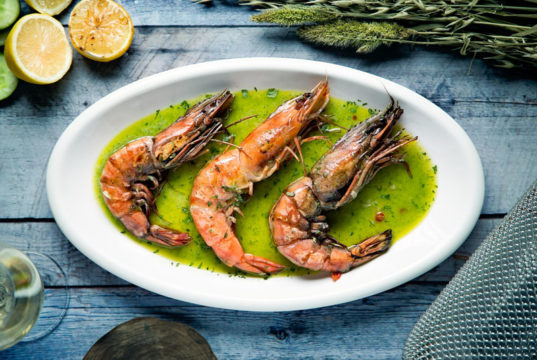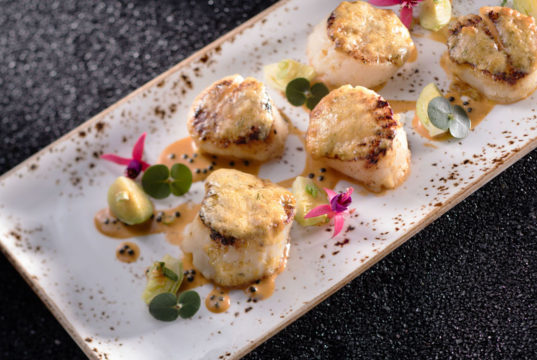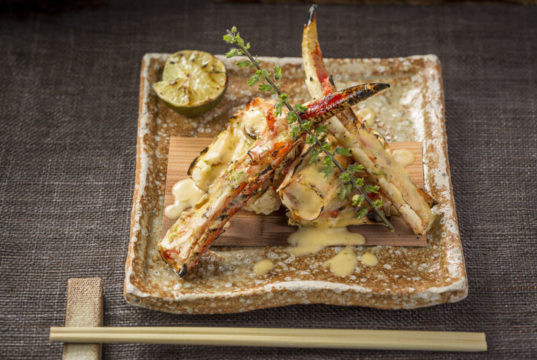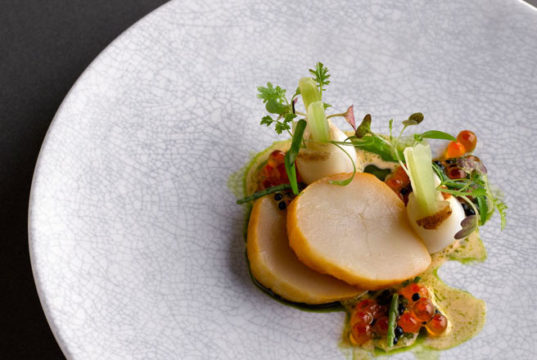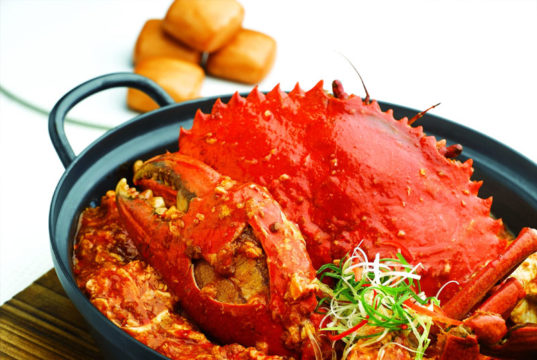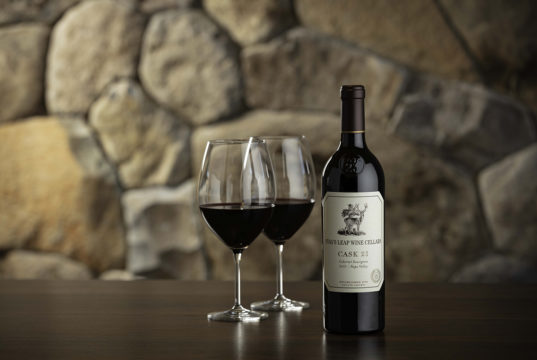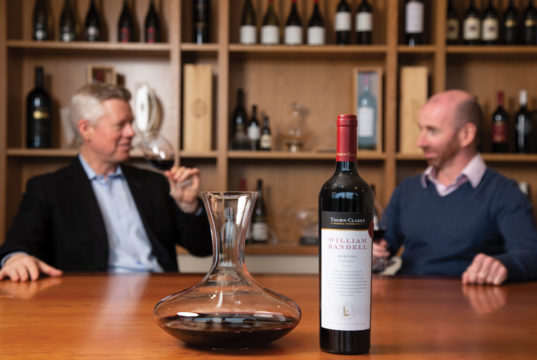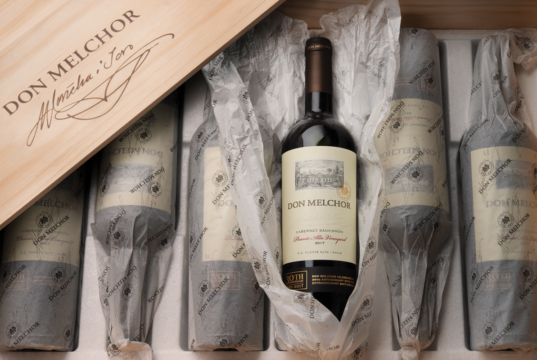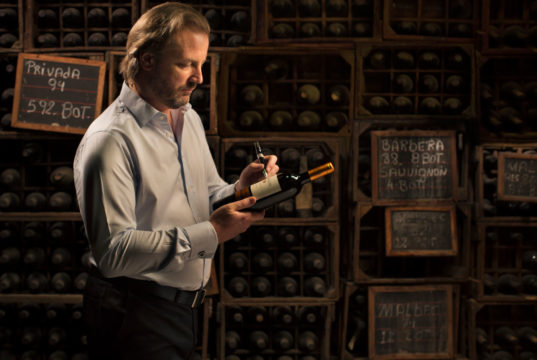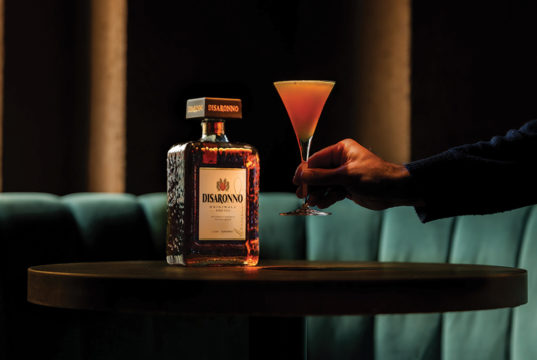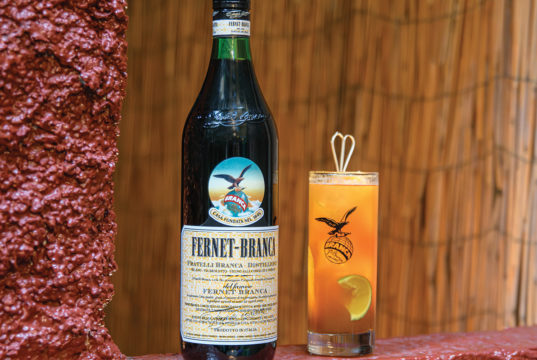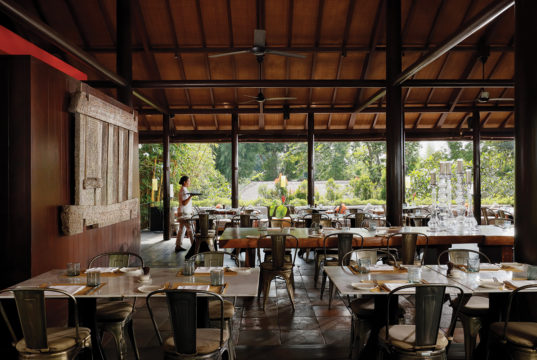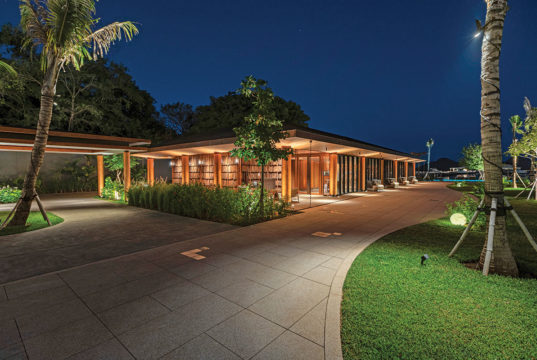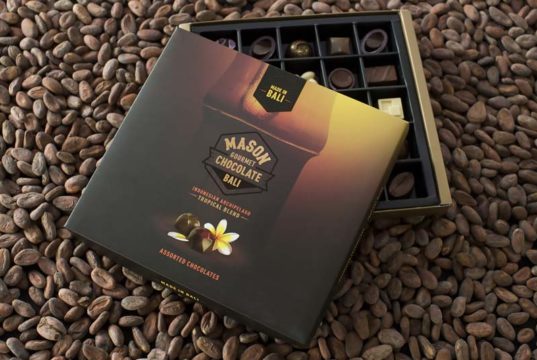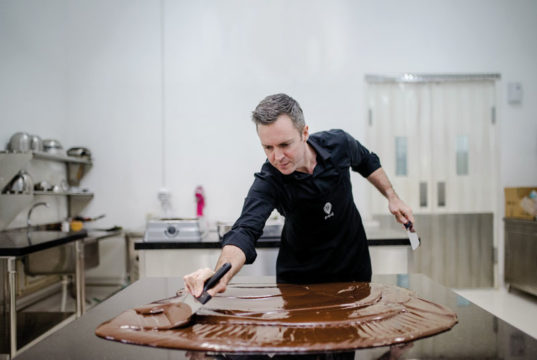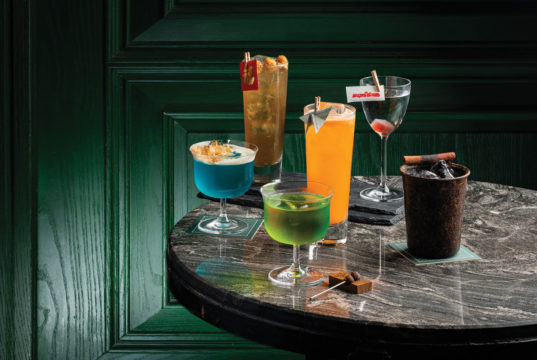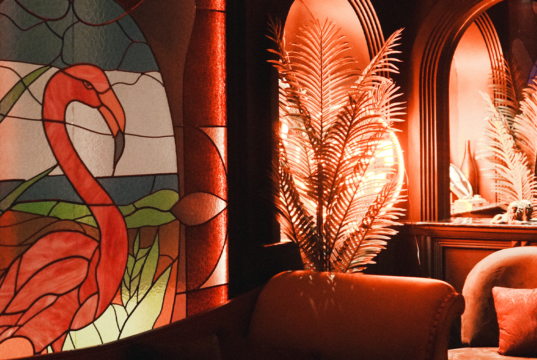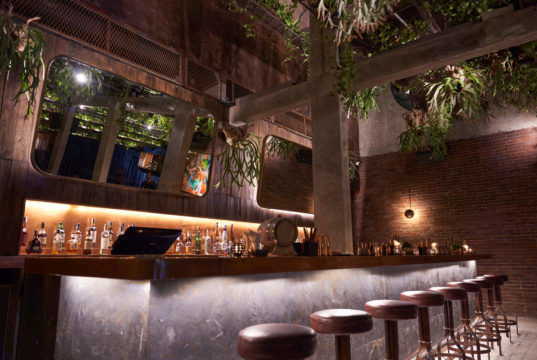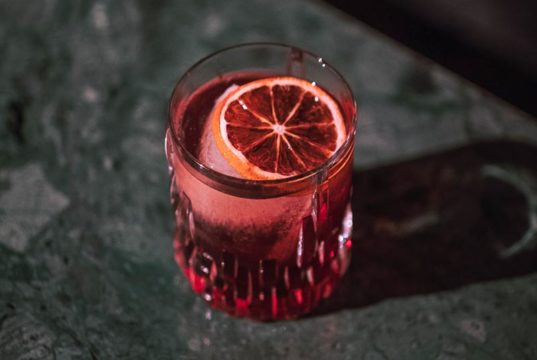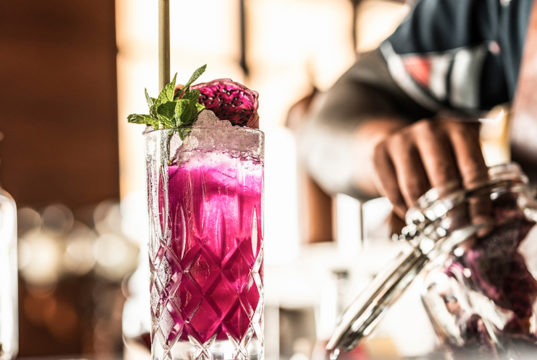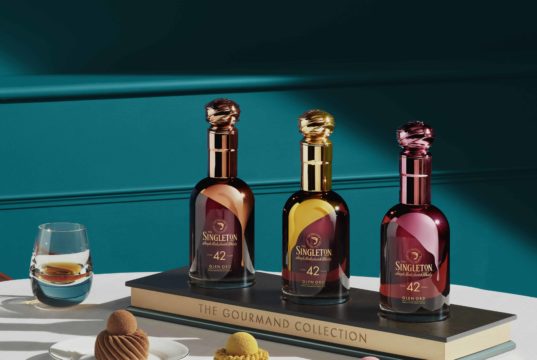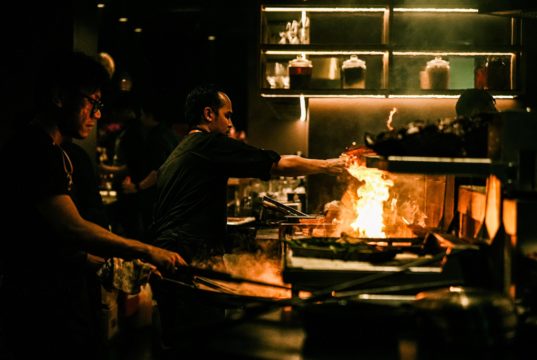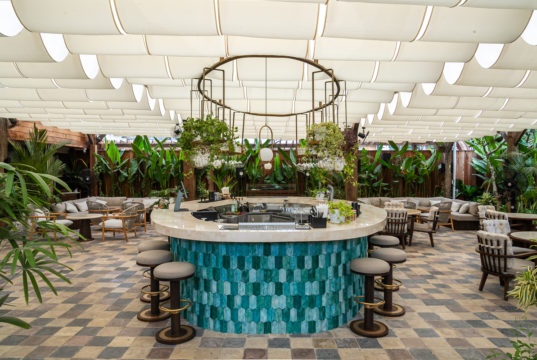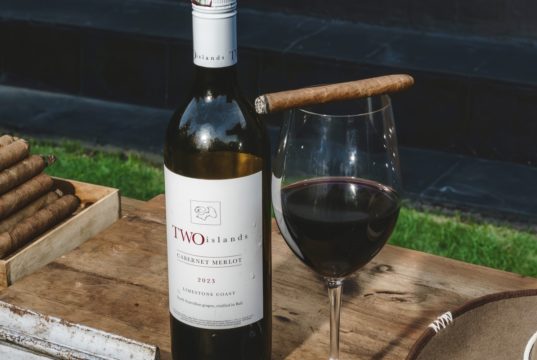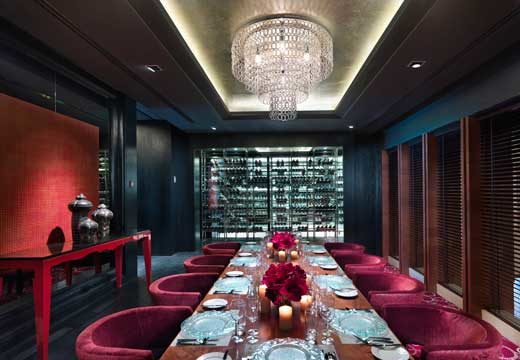Wine is intrinsically linked to the growth and spread of civilization
 The first evidence of wine-making dates to 6000BC in Georgia and by 2500BC the ancient Egyptians and Mesopotamians were producing art depicting wine production. By 500BC, the trade around the Mediterranean, driven by the Greeks and Phoenicians, had spread grape cultivation to many parts of the region and wine was already an important commodity.
The first evidence of wine-making dates to 6000BC in Georgia and by 2500BC the ancient Egyptians and Mesopotamians were producing art depicting wine production. By 500BC, the trade around the Mediterranean, driven by the Greeks and Phoenicians, had spread grape cultivation to many parts of the region and wine was already an important commodity.
In France, although it’s accepted that local wine existed, it was during the Roman occupation that its popularity spread. In fact, the production was so successful that in 92AD Emperor Domitian decreed that 50% of all vines in the country be destroyed to protect the Italian growers.
With the collapse of the Empire, wine making became the domain of the church and noble families, who, over time, made significant advances in viticulture. In 1098, Cistercians at Cîteaux were the first to select vines, improve production methods and to seek out the best soil. A few years later, in 1336, the Clos Vougeot vineyard in Burgundy was planted by the monks of Cîteaux Abbey and hailed the age of structured winegrowing in France.
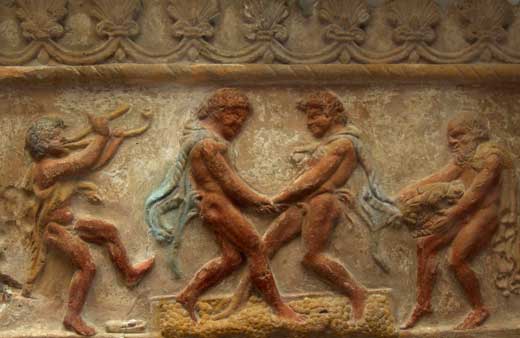 The growth in French vineyards stimulated local consumption and exports to England and Holland. Whilst the English bought for direct consumption, the Dutch imported to distil, which in turn facilitated the emergence of Cognac and Armagnac.
The growth in French vineyards stimulated local consumption and exports to England and Holland. Whilst the English bought for direct consumption, the Dutch imported to distil, which in turn facilitated the emergence of Cognac and Armagnac.
The ensuing Age of Enlightenment and the emergence of modern science saw huge leaps forward in understanding and in 1801, Chaptal, the Minister of the Interior for Napoleon, collected that swell of knowledge and published the Traité Théorique Et Pratique Sur La Culture De La Vigne, which included his personal backing of adding sugar to the wine to increase alcohol levels.
Later in the century, Louis Pasteur conducted a study that finally explained the process of fermentation. He noted that natural yeast converted the fructose into alcohol by a simple chemical reaction. He also observed the role oxygen played in proper maturation, thus forming the bedrock of modern scientific viticulture.
The 19th century wine industry was thriving, with great names such as Château Lafite Rothschild, Château Rayas, Louis Roederer and Domaine de la Romanée-Conti becoming household names, and French Fine Wine had arrived! The wine industry was not only economically important to France but was a source of national pride, as its wine enjoyed international recognition as the benchmark standard for the ever expanding wine growing world, a position it still maintains over a century later.







